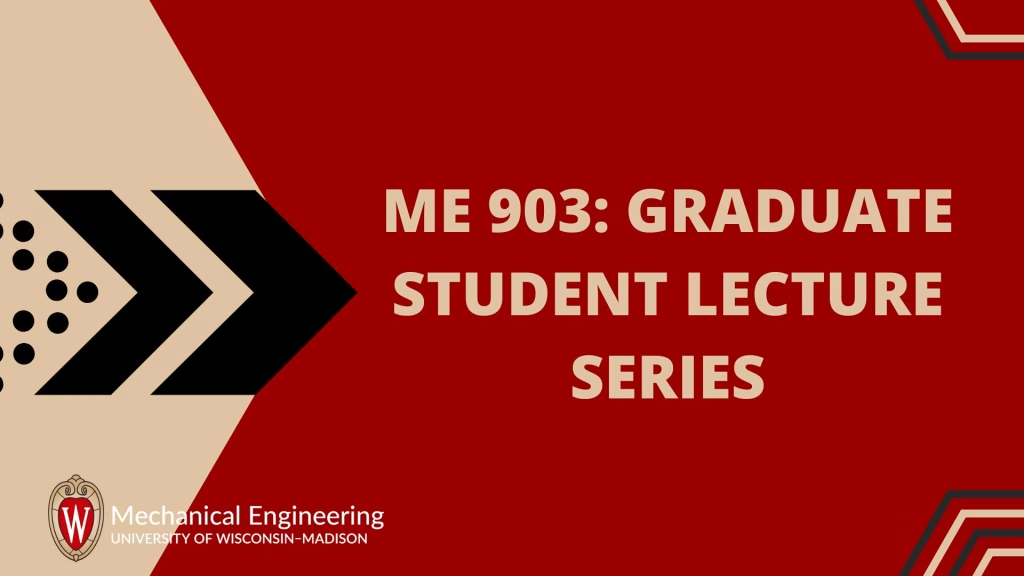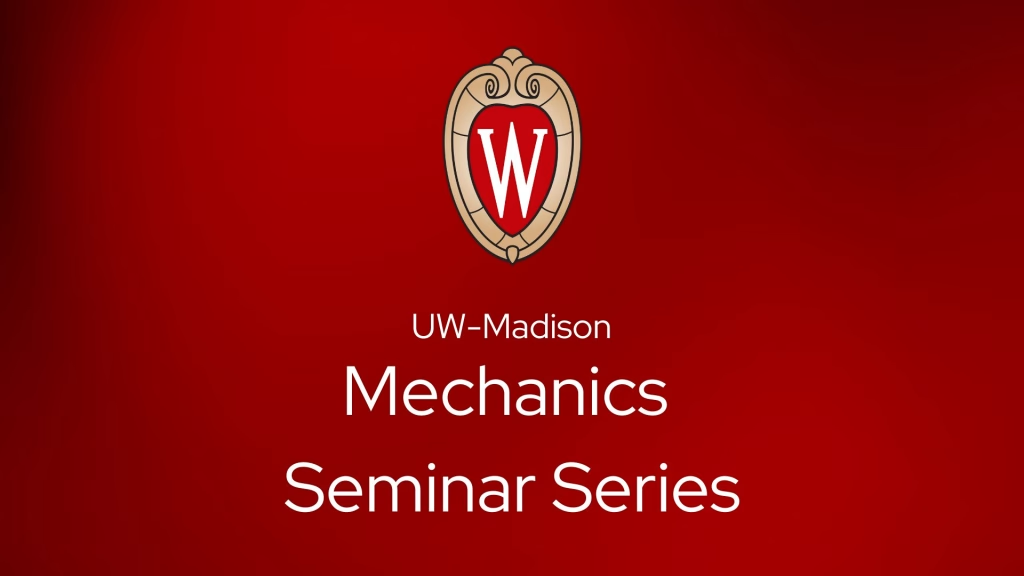
- This event has passed.
Mechanics Seminar Series: Professor Kathryn Matlack
September 13, 2024 @ 12:05 PM – 12:55 PM
The Mechanics Seminar Series is a weekly seminar given by campus and visiting speakers on topics across the spectrum of mechanics research (solids, fluids, and dynamics). Professor Kathryn Matlack is a professor at the University of Illinois Urbana-Champaign.
Presentation title: Manipulating Mechanical Wave Propagation with Phononic Materials
Abstract: One grand challenge for materials and structures design is to satisfy multiple conflicting requirements. For example, energy
infrastructure, especially those in remote and extreme environments such as offshore wind turbines and nuclear reactors, requires
components to operate effectively over long time periods and avoid catastrophic failures. Structural materials in aviation must be
lightweight but high in strength, stiff while dampening out harmful vibrations, survive damaging impact events, and interact with
complex flows in non-detrimental ways. On smaller length scales, acoustic and ultrasonic sensors require specific frequency and
dissipative responses, and need to detect wavelengths that are much smaller than their physical size. This talk focuses on a common
theme to these critical engineering problems: understanding how mechanical waves interact with engineered materials across different
length and time scales. In particular, the field of “phononic materials” studies how engineering micro- and meso-scale features in
materials and structures can prescribe the frequency and spatial properties of acoustic waves. Features such as spatial periodicity of the
material or geometry, resonant inclusions, and nonlinearities can lead to wave propagation and modal properties not found in natural
materials. New wave propagation phenomena have been discovered in these material platforms, which has been a direct result of an
interdisciplinary research approach, integrating additive manufacturing, acoustics, mechanics, materials science, and design. This
presentation will discuss our group’s recent research in phononic materials, focusing on effects of rotation and nonlinearity on wave
propagation in phononic materials, using reduced order models, finite element simulations, and experiments. Results demonstrate wave
propagation features such as tunable band gaps, energy transfer between modes, non-reciprocal wave propagation, and wave-controlled
precision actuation.


